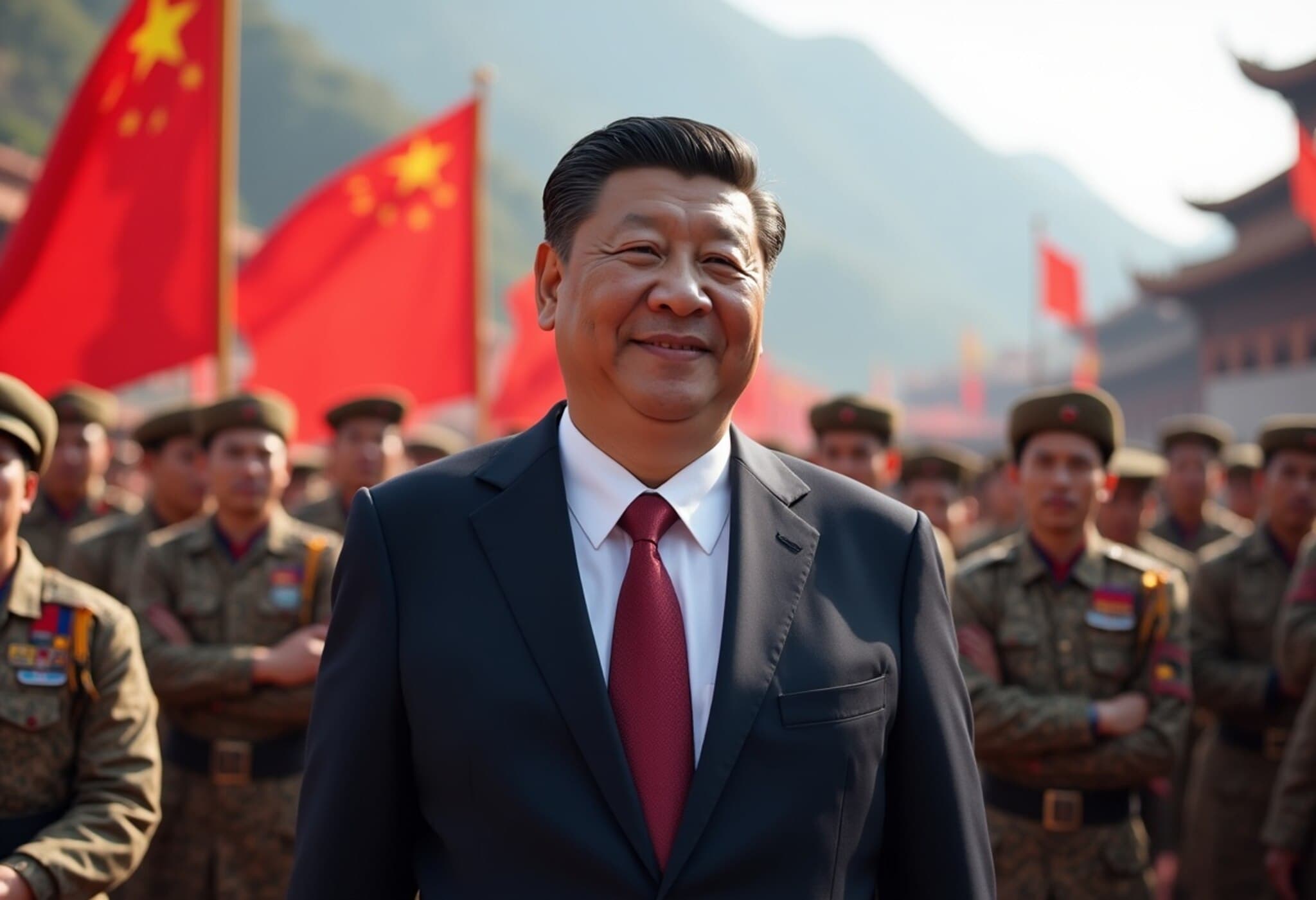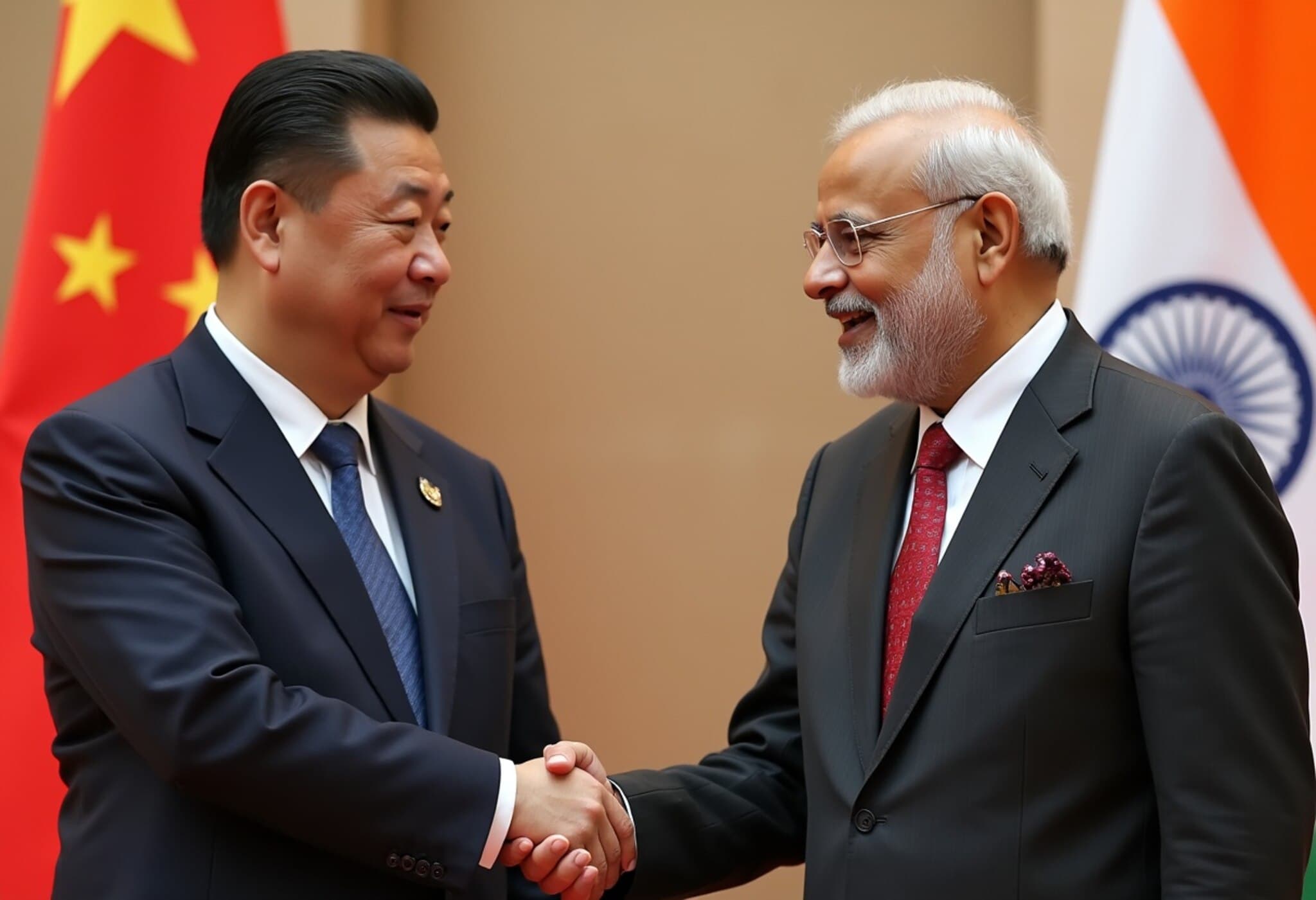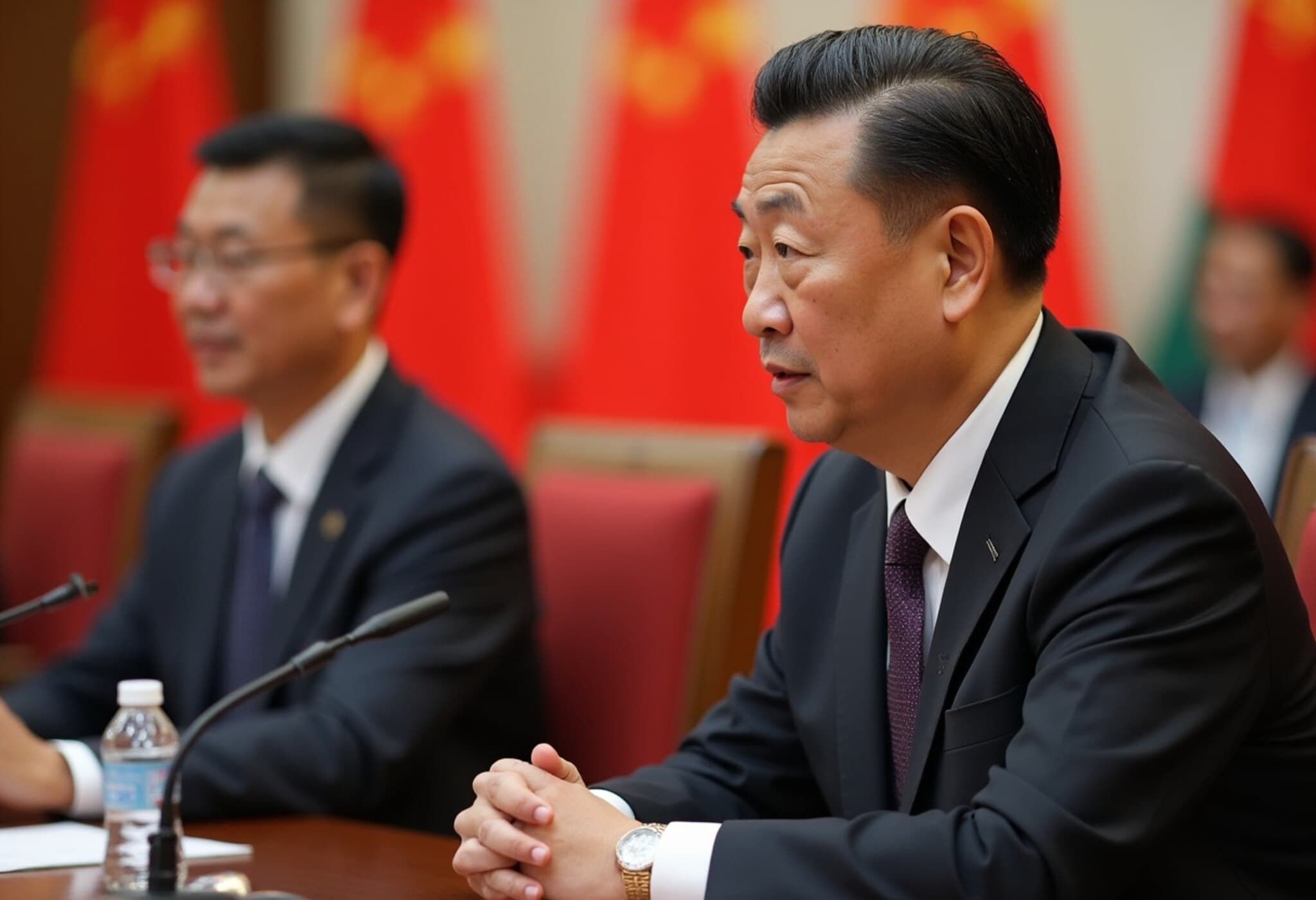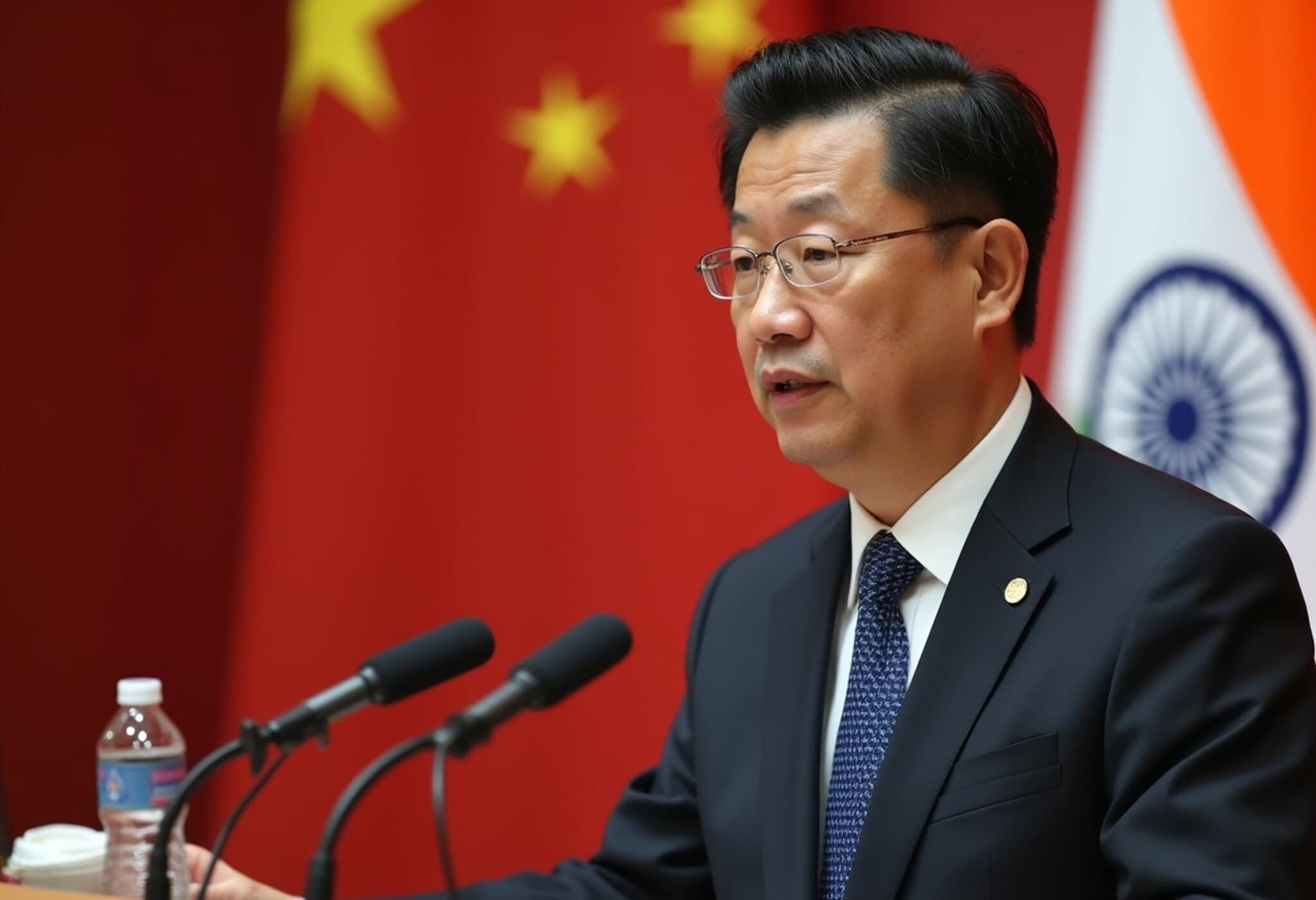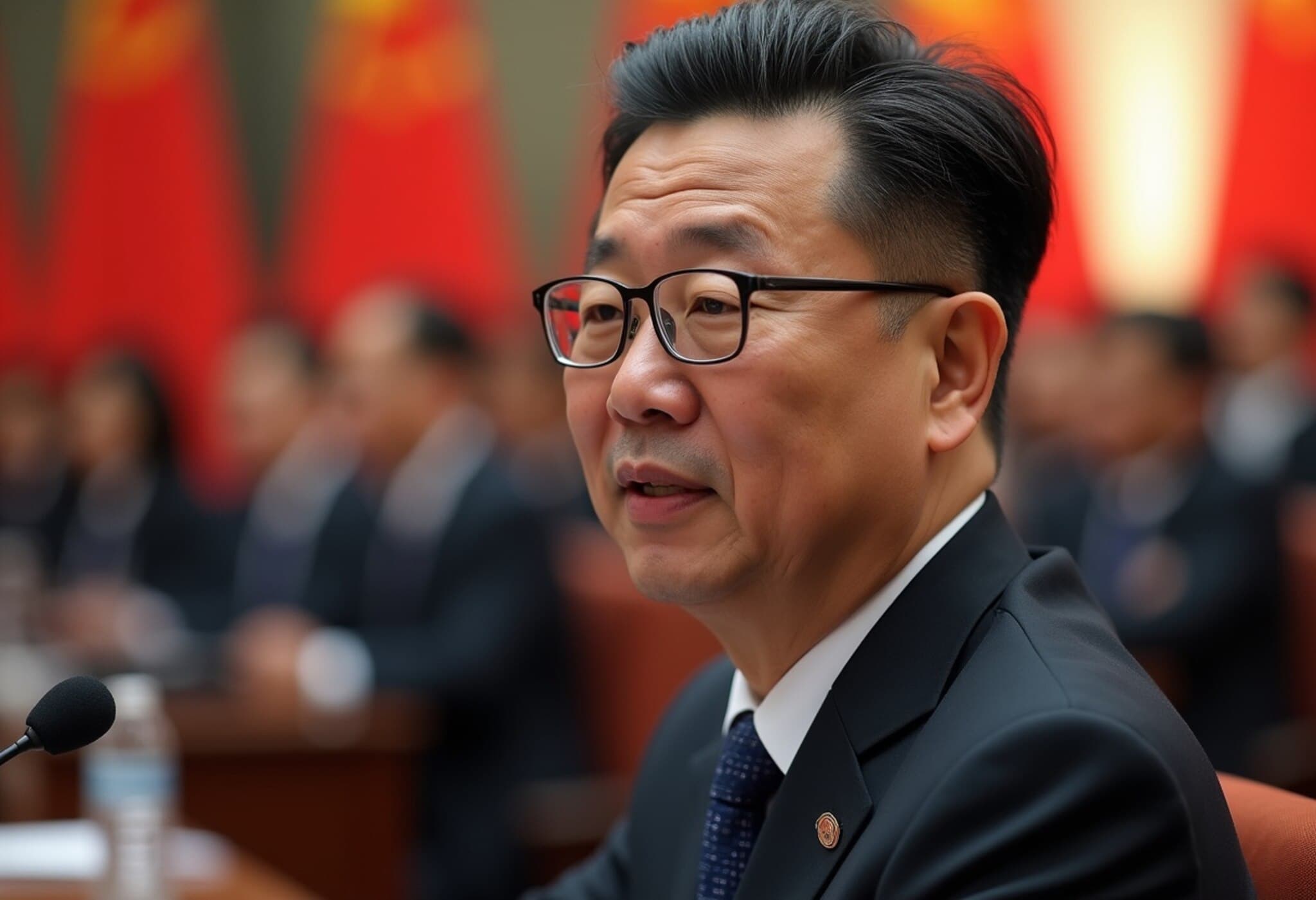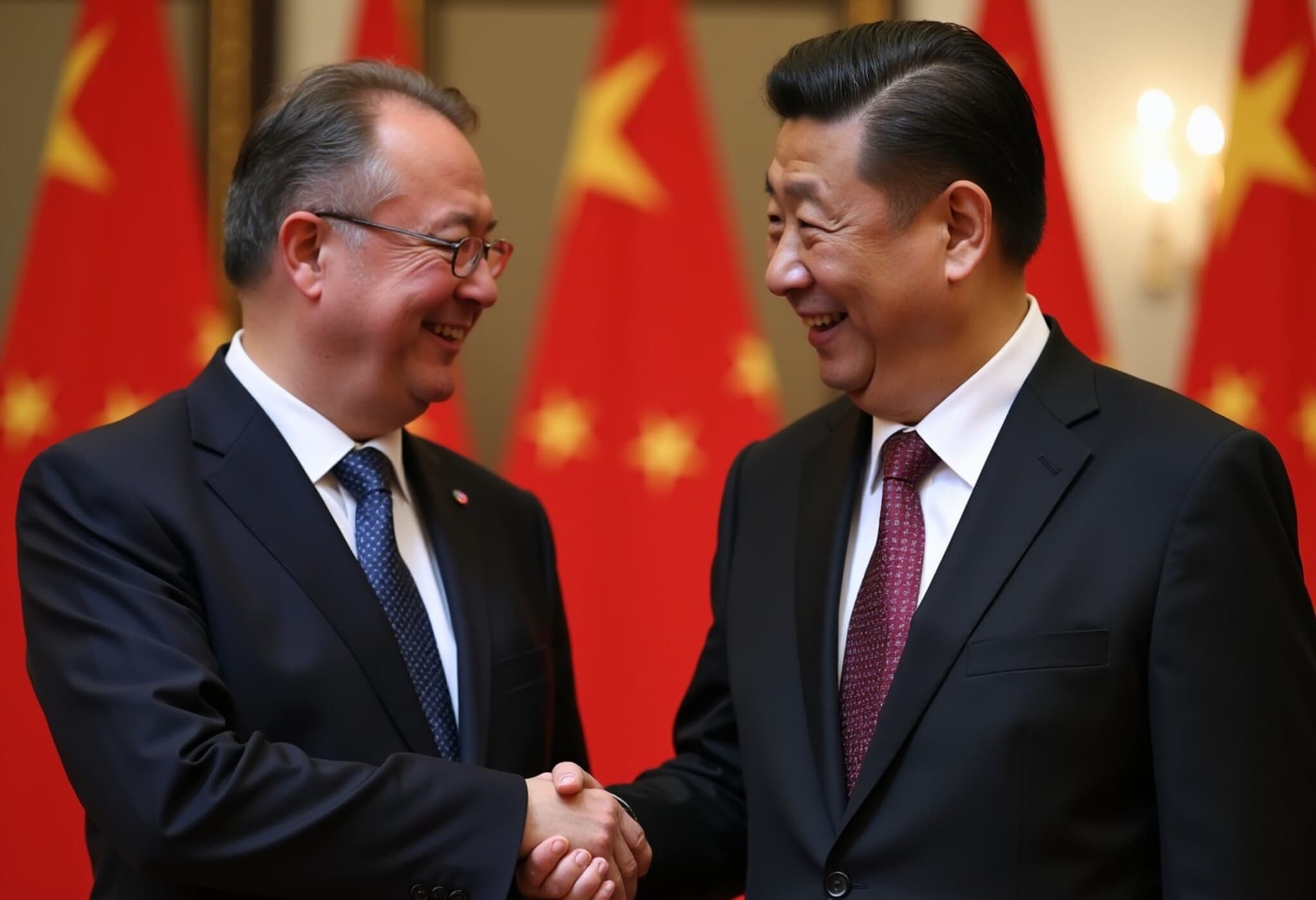China Sentences Japanese National for Espionage Amid Growing Tensions
In a case that highlights ongoing diplomatic strains, a Japanese man in his 60s has been sentenced to three and a half years in prison by a Beijing court on charges of spying. Detained since March 2023, the individual—reported to be an employee of the pharmaceutical giant Astellas Pharma Inc.—was convicted in a secretive trial held at Beijing No. 2 Intermediate People's Court.
Details of the Trial and Diplomatic Reactions
Following the August 2023 espionage charge and a closed-door hearing in November, the court handed down the sentence on July 16, 2025. Japanese embassy staff confirmed the verdict but did not release the man’s identity, citing privacy and diplomatic protocols.
Japanese Ambassador to China, Kenji Kanasugi, attending the sentencing, characterized the verdict as "extremely regrettable," reinforcing Japan’s longstanding protest against what it calls the unwarranted detention of its citizens on opaque grounds.
From Tokyo’s perspective, these detentions stand as a significant barrier to enhancing trust and people-to-people exchanges between the neighboring countries. Ambassador Kanasugi emphasized ongoing diplomatic efforts demanding the early release of detained Japanese nationals.
China’s Official Stance
On the other side, Chinese authorities maintain the integrity of their judicial process. Foreign Ministry spokesperson Lin Jian underscored that the case was handled "in strict accordance with the law," further assuring that China offers a stable environment for Japanese businesses and foreign workers who comply with local regulations.
Context: Rising Detentions Amid Legal Crackdowns
Since China implemented its comprehensive anti-espionage law in 2014, 17 Japanese nationals linked to business or other activities in China have been detained. Currently, five remain imprisoned or held under investigation, fueling apprehension within both diplomatic circles and the business community.
Adding to the complex diplomatic backdrop, a Japanese diplomat was briefly detained for questioning in 2022, triggering protests from Japan and raising concerns over due process and transparency.
Economic and Security Implications for Japan
Japan views China’s expanding influence in the Asia-Pacific with caution, seeing it as a potential threat not only to regional stability but also its own economic interests and national security. The espionage charges against foreign nationals, especially Japanese, deepen concerns over arbitrary detentions and the legal risks for companies operating across borders.
The Japanese embassy in Beijing has responded by issuing safety guidelines advising travelers and expatriates to exercise heightened vigilance and maintain strict compliance with Chinese laws.
Expert Insight: Navigating a Chilly Diplomatic Climate
Experts in international relations point out that such detentions serve as a tool of geopolitical leverage amid Sino-Japanese tensions over territorial disputes and trade competition. The opaque nature of Chinese court proceedings exacerbates mistrust, and the lack of transparency prevents the international community from fully assessing the legitimacy of these espionage claims.
From a legal perspective, these cases challenge the norms of consular access and fair trial standards, highlighting the urgent need for bilateral dialogue to establish clearer protocols ensuring the protection of citizens abroad.
Looking Forward: Calls for Transparency and Human Rights
Japan’s embassy has called on China to improve judicial transparency and ensure humane treatment of detainees. This plea echoes broader human rights concerns frequently voiced by governments and NGOs regarding the Chinese legal system.
As the two economic powerhouses balance cooperation and competition, the fate of detained nationals remains a poignant reminder of the fragile nature of diplomatic trust.
Editor’s Note:
The sentencing of a Japanese citizen on espionage charges in China underscores a growing rift in Sino-Japanese relations shaped by legal, economic, and political complexities. While Beijing insists on legal propriety, Tokyo views these detentions as politically motivated impediments to bilateral trust. Observers should watch closely how these developments influence wider trade ties, regional security dynamics, and the treatment of foreign nationals in China.
Key questions for readers to consider:
- How do espionage laws impact foreign businesses operating in sensitive geopolitical climates?
- What mechanisms can ensure greater transparency in international detention cases?
- In what ways might diplomatic pressure evolve to protect citizens abroad without escalating tensions?


